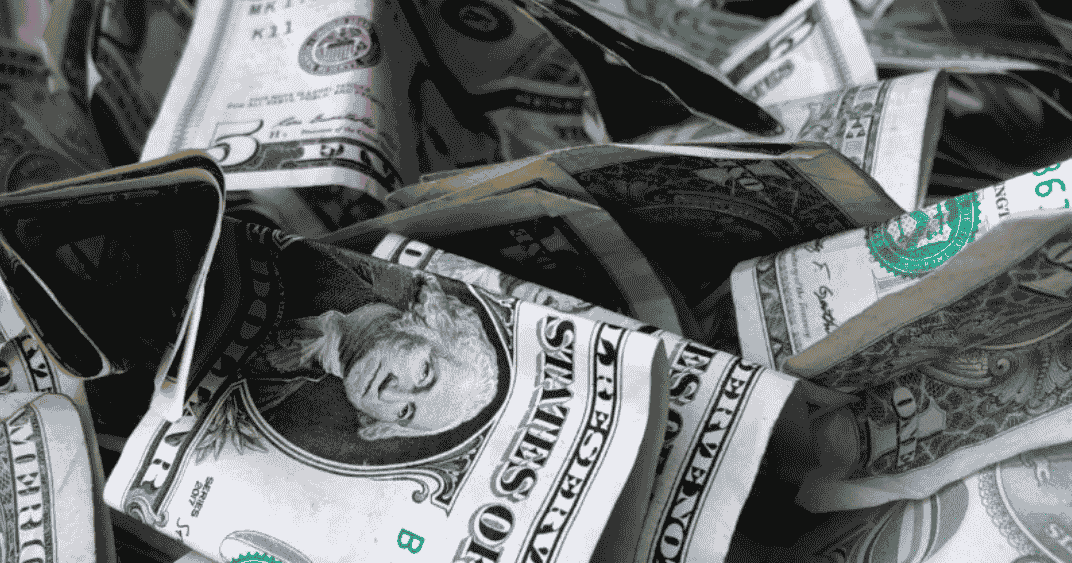
The first two stimulus checks remaining recipients will receive tax rebates, which the government may garnish.
At least 90 million stimulus checks were out last week as part of the $1.9 trillion American Rescue Plan, but there are still many Americans waiting on their first two checks.
Stimulus Checks 2023
Anyone eligible for a check who has not yet received their 2020 stimulus funds will get the funds in the form of Recovery Rebate Credits after filing their federal taxes for 2020.
However, if you are delinquent on some bills, such as child support and back taxes, you may receive a lesser tax refund than you anticipate.
While the CARES Act only exempted the first $1,200 of stimulus checks from state and federal garnishment with the exception of child support, the $900 billion COVID-19 relief bill passed in December protected the second round of stimulus checks from garnishment by all creditors, including private creditors.
In contrast, tax refunds are handled differently. If your stimulus payment is in the form of a tax rebate, the amount may be lowered to cover outstanding debts.
For the following circumstances, the Treasury Offset Program (TOP) is permitted to withdraw funds from your tax return:
- Due in arrears taxes from prior years
- Past-due federal student loans (currently suspended through Sept. 30, 2021)
- Past-due court-ordered child support payments
- Outstanding debts with federal agencies other than the IRS
- Past-due state income taxes
- Any unemployment compensation you must pay back
The IRS has agreed not to offset your stimulus refund to pay for federal tax debts, but this discretion cannot be extended to state and other federal agencies.
As for upcoming payments, under the rules of the American Rescue Plan, your $1,400 stimulus check cannot be withheld for unpaid federal or state debt.
Read more: Social Security: When to receive retirement payments worth $4,555?
Unpaid Private Bills

For instance, if they are subject to a court order, debts for credit cards, or medical expenses. In addition, similar offsets might be available if you receive your $1,400 stimulus payment in the form of a tax rebate, just like with 2020 taxes.
Some consumer advocacy and banking organizations are urging Congress to enact an independent bill exempting the most recent stimulus payment from garnishment.
In a joint letter from the American Bankers Association, Americans for Financial Reform, and other organizations, consumer advocates contend that enabling wage garnishment disproportionately affects struggling families and undermines the purpose of stimulus payments.
If you have yet to get your third stimulus payment, you may follow it on the IRS’s Get My Payment website.
Read more: You may receive 2 Social Security payments in March; Check if you’re one of them!

